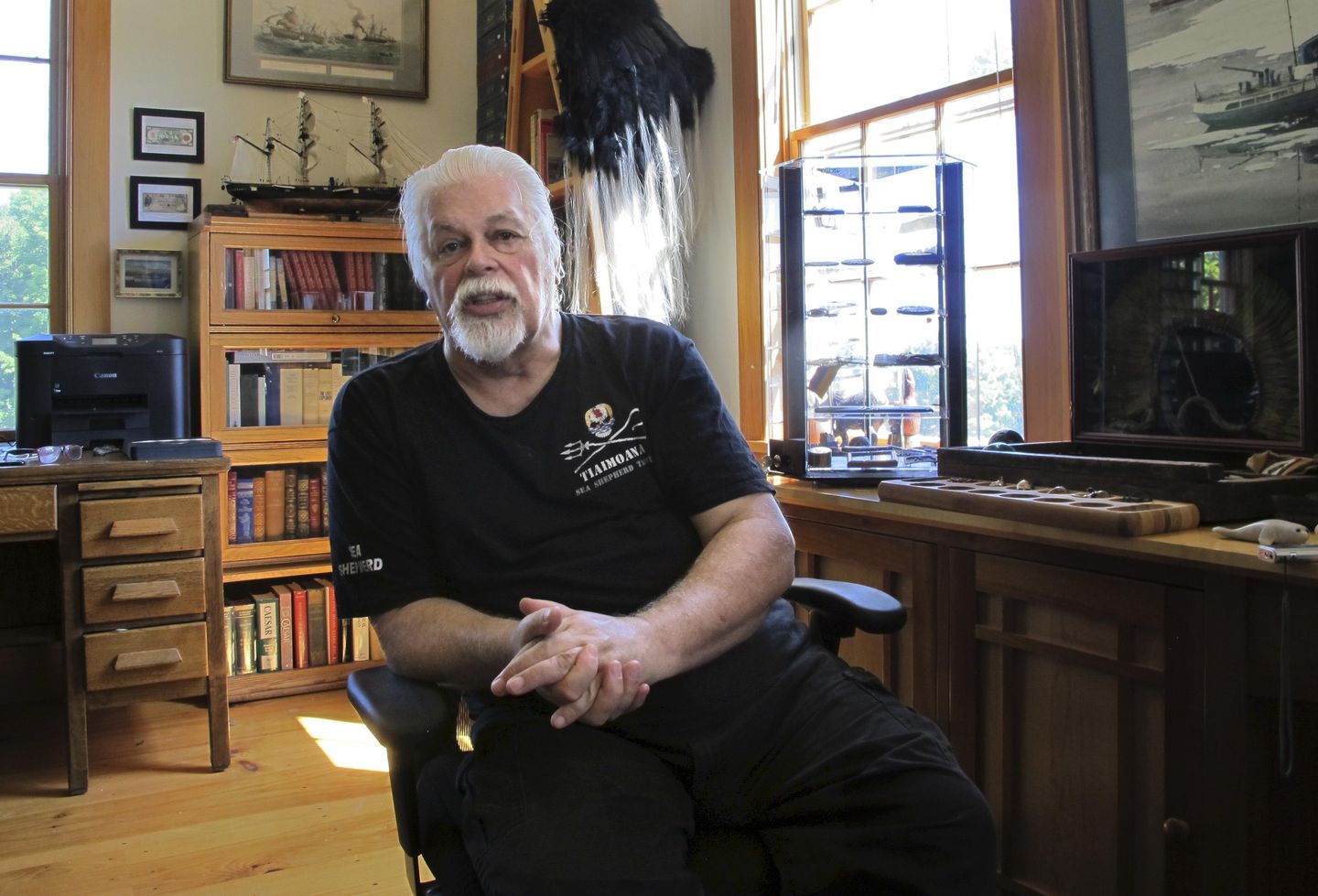Greenland Court Extends Custody for Anti-Whaling Activist Amid Extradition Request
In a dramatic turn of events, a court in Greenland has once again extended the time in custody for a prominent anti-whaling activist. This decision comes as Denmark considers an extradition request from Japan, adding a new layer of complexity to an already contentious case.
The activist, whose identity has not been disclosed due to privacy concerns, was initially detained in Greenland following allegations of illegal activities related to anti-whaling efforts in the region. The arrest sparked international outcry and calls for the activist’s release, with supporters arguing that the charges were politically motivated and designed to silence dissent.
The court’s decision to extend the activist’s custody has only added fuel to the fire, with critics accusing authorities of violating the activist’s rights and engaging in a politically motivated witch hunt. The activist’s legal team has vowed to fight the decision, arguing that their client is being unfairly targeted for their activism and should be released immediately.
Meanwhile, the extradition request from Japan has raised even more questions about the activist’s case. Japan, a staunch supporter of whaling, has long been at odds with anti-whaling activists and has been accused of using legal means to silence dissent. Critics argue that Japan’s extradition request is part of a larger effort to crack down on anti-whaling efforts and send a message to activists around the world.
The activist’s supporters have rallied behind them, organizing protests and campaigns to raise awareness about their case and demand their release. Social media has been flooded with messages of support, with activists and celebrities alike calling for justice and condemning the activist’s detention.
The case has also reignited debate about the ethics of whaling and the role of activism in protecting marine life. Whaling has long been a controversial issue, with proponents arguing that it is a traditional cultural practice that should be preserved, while opponents argue that it is cruel and unnecessary. Anti-whaling activists have been at the forefront of efforts to protect whales and other marine animals, often putting themselves at risk to defend these creatures.
The activist at the center of this case has been a vocal and prominent figure in the anti-whaling movement, leading campaigns and protests to raise awareness about the plight of whales and other marine animals. Their arrest has sent shockwaves through the activist community, with many expressing concern about the chilling effect it could have on their work.
As the activist’s case continues to unfold, all eyes are on Denmark and Japan to see how they will handle the extradition request and the ongoing custody of the activist. The world is watching, and the outcome of this case could have far-reaching implications for the future of anti-whaling activism and the protection of marine life.
In the meantime, the activist’s supporters are not backing down. They continue to fight for their release, using every available means to raise awareness and demand justice. The fate of the activist hangs in the balance, but one thing is clear: the fight for the protection of whales and other marine animals will not be silenced.









